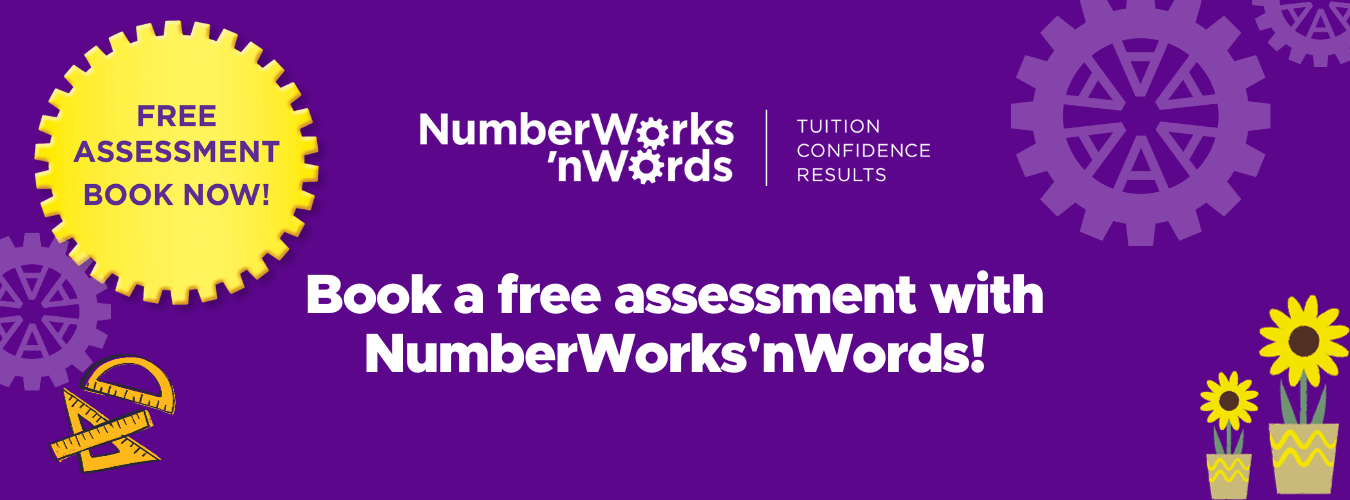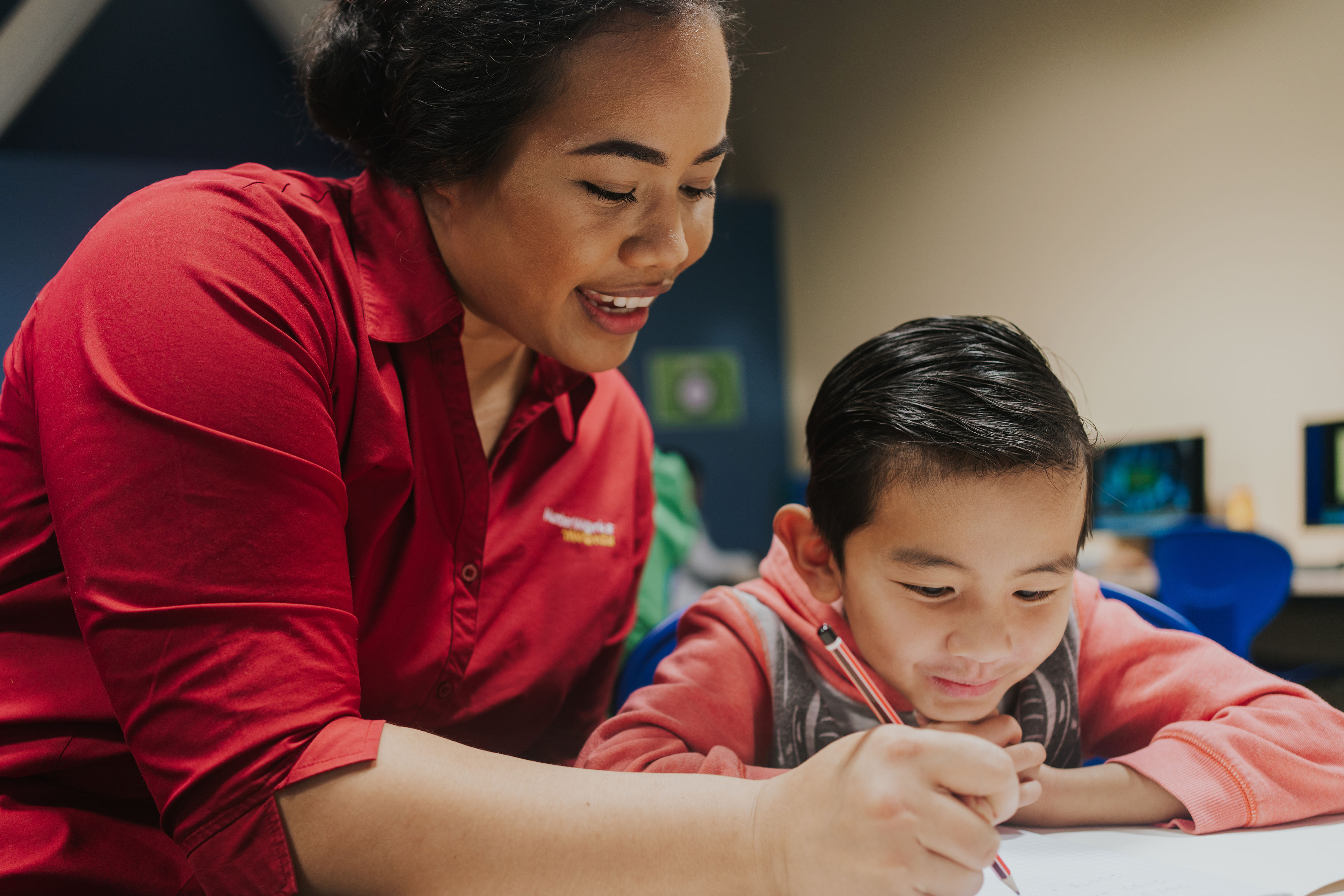The Importance of Maths for Young Learners

Maths, is a pivotal pillar in education, nurturing young learners to cultivate critical thinking, logical reasoning, and adept problem-solving abilities.
For young learners, a robust grasp of maths isn't merely an academic requisite; it embodies an essential life skill. In our technology-driven era, where innovation prevails, the significance of maths education for children cannot be emphasised enough.
This article delves into the intricate importance of maths education, encompassing areas such as cognitive development, honing mental maths skills, applying maths to real-world challenges, collaborative problem-solving and academic accomplishments.
Is your child struggling to keep up with schoolwork? Are they falling behind? Are they bored in class? Or are you looking for extension work for your child? Check out our eBook to learn more about how we help your child improve academically and build confidence through our in-centre after-school tuition.
Building Cognitive Skills
At its core, maths education serves as the forge where vital cognitive abilities are honed. Through the process of learning maths, young learners gain the proficiency to dissect problems, discern patterns within word problems, and formulate systematic solutions.
This cultivation of logical reasoning and problem-solving prowess in maths holds immense value, transcending the boundaries of the classroom. Furthermore, maths education enhances memory retention and concentration, refining skills crucial for both academic success and personal development.
By immersing kids in maths early on, children not only grasp fundamental arithmetic and numerical concepts but also acquire essential maths and life skills. These serve as the bedrock for their future pursuits and numerous career paths.
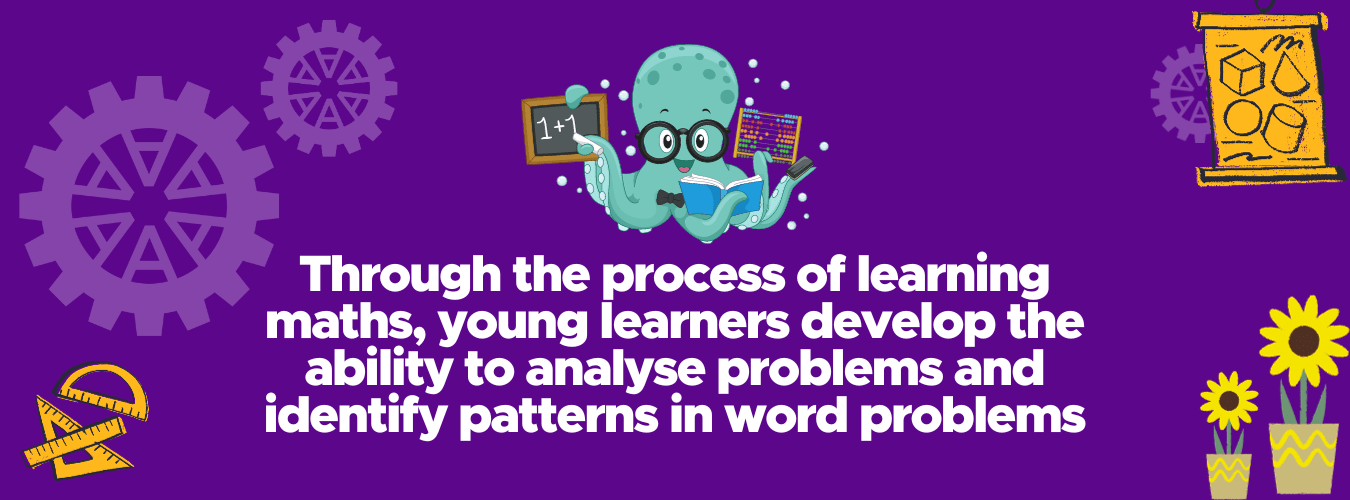
Real-World Applications
Grasping the practical significance of maths in everyday life profoundly transforms the perspective of young learners. It extends beyond merely budgeting and measuring kitchen ingredients, it becomes an important life skill. Maths weaves itself into the fabric of art, music, and countless aspects of our existence. In the professional realm, maths serves as the cornerstone for fields like engineering, computer science, finance, and architecture.
Robust comprehension of maths not only enhances our understanding of the world but also equips individuals with diverse maths skills necessary for navigating real-world challenges. This proficiency is crucial for handling daily tasks, fostering financial literacy, and preparing for a wide array of career opportunities.
Boosting Academic Performance
Mastery of maths serves as a driving force behind academic achievement. Extensive research reveals the direct link between children's maths proficiency and their overall performance in academics.
A solid grounding in maths not only deepens their understanding in other subjects, especially science and technology, where maths principles often underpin comprehension, but also boosts performance in standardised tests. This proficiency opens avenues for higher education and specialised fields of study.
Addressing maths anxiety is pivotal; conquering this fear not only bolsters academic confidence but also nurtures a passion for learning and school. It lays the foundation for a lifelong pursuit of knowledge, fostering critical thinking skills and a curious mindset.
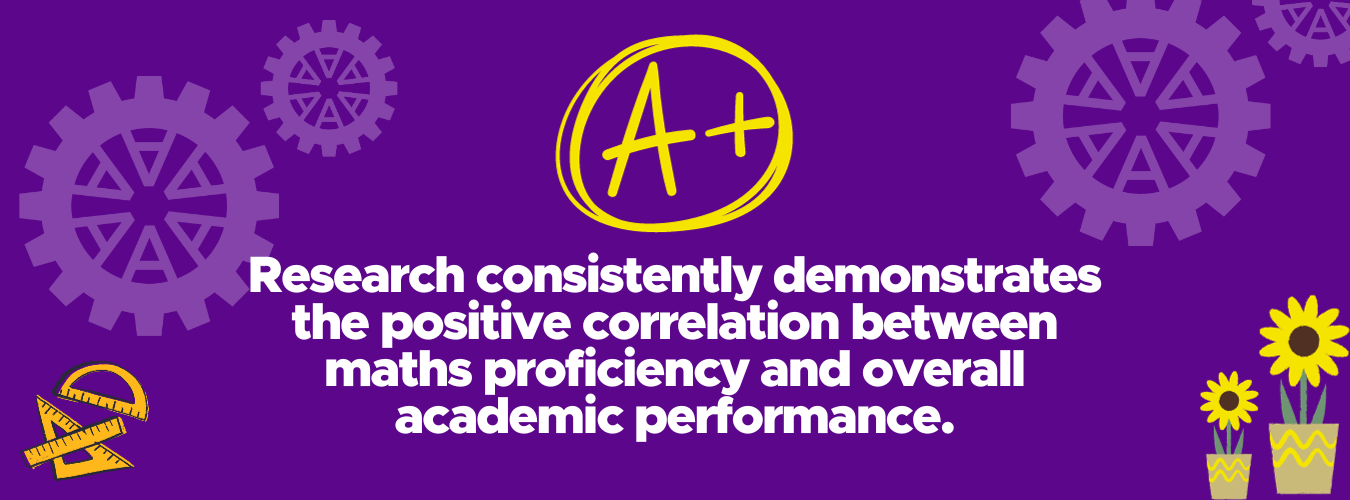
Fostering a Growth Mindset
Math education transcends mere numbers and equations; it serves as a pathway to nurturing a growth mindset. Fostering a favourable outlook on maths and highlighting the importance of persistence and dedication are fundamental tenets.
Recognising and appreciating small achievements, irrespective of the results, nurture self-worth and assurance. This mindset, instilled through early maths education, becomes an integral aspect of shaping their ethos, promoting resilience in the face of challenges, both in everyday life and academics, and nurturing a lasting passion for learning.
Nurturing Creativity and Innovation
Contrary to popular belief, maths and creativity are not mutually exclusive. Maths inherently promotes creative problem-solving. When young learners engage with maths, they aren't merely manipulating numbers; they are delving into abstract concepts, envisioning solutions, and innovating their thought processes.
Numerous celebrated inventors, artists, and scientists attribute their achievements to their maths prowess, which aids their ability to discern patterns and think both mathematically and creatively.
By harnessing maths as a powerful tool, we not only gain insights into the world around us but also nurture creativity and critical thinking through maths education. In doing so, we are not just shaping the next generation of mathematicians but also empowering future innovators, artists, and analytical thinkers.
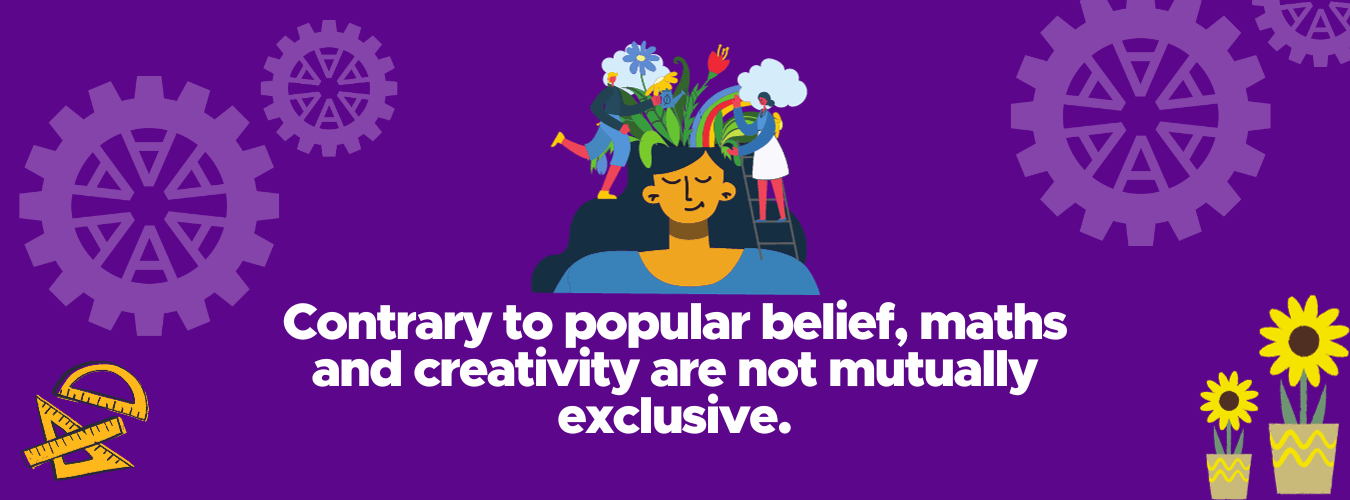
Technological Advancements in Maths Education
In the era of digital advancement, technology reshapes our approach to maths education. Educational apps, online platforms, virtual reality, and gamification revolutionise the learning of maths, turning it into an interactive and captivating venture. These tools accommodate diverse learning styles, ensuring that maths becomes accessible and enjoyable for everyone.
Adopting technological advancements not only enriches the learning journey but also equips young learners for a future where technology and maths seamlessly integrate into daily life. This integration shapes various industries and fuels innovation, preparing the next generation for a world where technology and maths are inseparable companions.
Collaboration Between Educators and Parents
Effective collaboration between educators and parents plays a crucial role in nurturing a child's maths abilities. Parents are vital partners in the learning journey, reinforcing classroom lessons through daily activities and conversations.
Schools can facilitate this by organising maths workshops, family maths nights, and interactive sessions that encourage collaborative learning. When parents and educators work on maths problems together, they create a supportive environment where young learners thrive. This collaborative effort builds confidence in their maths abilities and instils a lifelong passion for learning.
Maths education for young learners isn't just a subject in the curriculum; it acts as a catalyst for individual and societal progress. By providing a comprehensive maths education, we are shaping a generation of critical thinkers, problem solvers, and innovators.
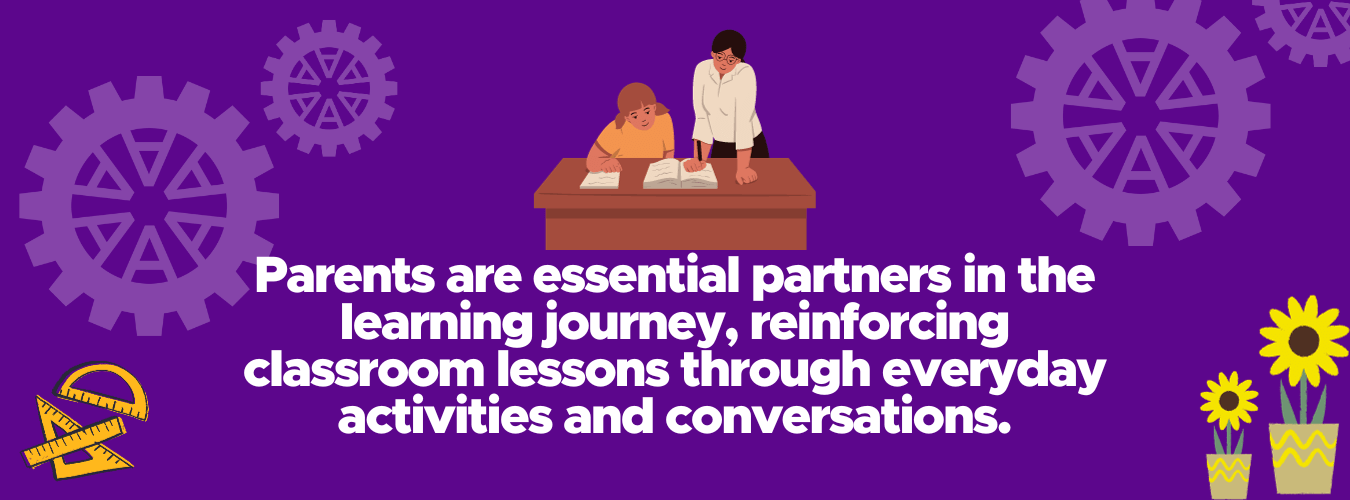
The skills developed through maths education extend far beyond numerical proficiency; they encompass analytical thinking, logical reasoning, creative problem-solving, enhanced problem-solving skills, and a growth mindset.
Investing in maths education means investing in the future, empowering young learners to navigate a world increasingly reliant on maths and technological literacy.
Our proven approach to maths and English tutoring helps children to develop foundational skills and close learning gaps while building confidence in their learning.
If you would like to learn more about our tutoring programs, get in touch with your local centre and book a free assessment today!
